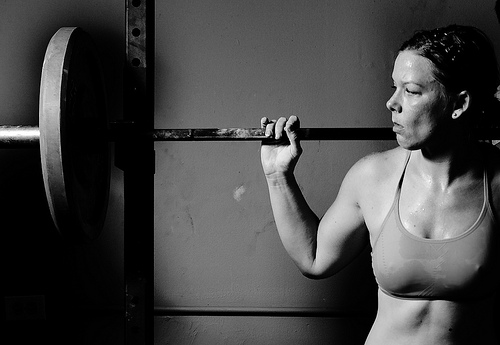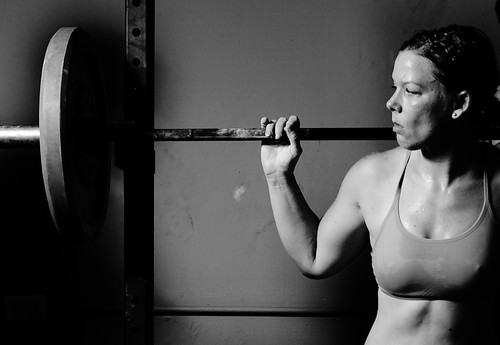TV addicts are all a flutter over the drama on Gordon Ramsay’s Kitchen Nightmares. For the first time, the restaurateurs he was trying to help were so offensive and stubborn that he begged off. It’s typical for Ramsay to bump up against major resistance from restaurant owners confronted with the glaring weaknesses of their business. Generally they see the light and at least give Ramsay’s suggestions a try. In this case, Amy and Samy Bouzaglo of Amy’s Baking Company in Scottsdale, Arizone dug their heels in against any critique. Amy melted down repeatedly at the slightest stress and lashed out at team members wading their way through the emotional minefield she and Samy created. Both Amy and Samy were abusive to customers to a level bordering on assault. Ramsay walked away. Major trainwreck. Major internet sensation. Major fail for their business.
The Huffington Post clearly had fun summarizing the episode. Video links included.
I don’t watch much TV anymore. I don’t have a cable subscription, but I love watching cooking documentaries (like El Bulli or Kings of Pastry) or vegging out with the occasional episode of Cake Boss or Chopped.
I’ve learned a lot of things from watching cooking shows, like the inevitability of dirty icing and fondant when making elaborate cakes. More importantly, I’ve learned about the restaurant kitchen tradition of acknowledging orders or feedback with a “Yes Chef” or “No chef.” It’s about letting the boss know you listened. It’s about pacing and information flow and learning and, yes, power structure.
On Kitchen Nightmare, Gordon Ramsay was Samy and Amy’s boss. They brought him in to fix their problems. Their business had been going off the rails, and rather than answering “Yes Chef” when customers had feedback, they labeled them haters or trolls, insulted them and threw them out of the restaurant. They pushed away the people with the most power to transform their business. Then they did the same to Ramsay, who was met with the same lack of “Yes Chef” spirit. It’s no surprise they learned nothing.
I’m finding “Yes Chef” to be an incredible tool in expanding my own skills.
Continue reading “Yes Chef”






